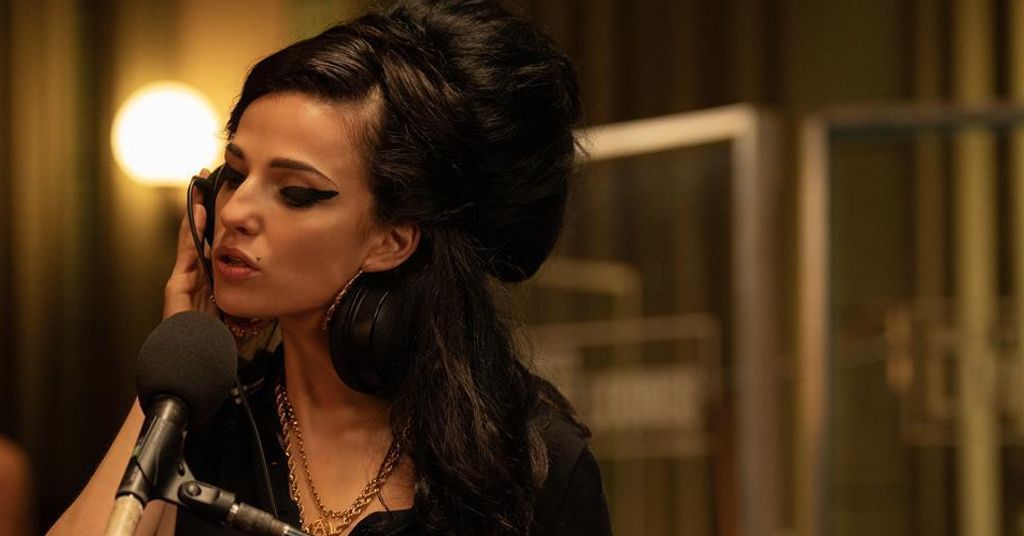The anticipation surrounding the Amy Winehouse biopic “Back to Black” has been shadowed by controversy ever since its announcement in July 2022. The film, which attempts to chronicle the turbulent life of the iconic singer who tragically passed away in 2011, has faced scrutiny over various aspects, including the decision to cast Marisa Abela, known for her role in “Industry,” as Winehouse. Critics and fans alike have questioned not only the casting choices but also whether the film comes too soon after Winehouse’s death, suggesting the wounds are still too fresh for such a portrayal.
Biographical movies about celebrated musicians like the 2018 hit “Bohemian Rhapsody,” which focused on Freddie Mercury, have demonstrated the potential for both critical acclaim and financial success, despite navigating through a minefield of sensitive topics. Similarly, “Back to Black” is produced with the endorsement and involvement of Winehouse’s estate, mirroring the authorized nature of “Bohemian Rhapsody.”
Helmed by Sam Taylor-Johnson, who brought us the John Lennon story in “Nowhere Boy” and ventured into the world of “Fifty Shades of Grey,” “Back to Black” becomes the second major cinematic endeavor to delve into Winehouse’s story, following the critically acclaimed and Oscar-winning documentary “Amy” by Asif Kapadia. However, unlike Kapadia’s work, which faced public disapproval from Winehouse’s family for its portrayal, “Back to Black” navigates through the complex narrative with a mix of sensitivity and boldness.

The biopic zeroes in on Amy’s most defining yet stormy relationship with Blake Fielder-Civil, highlighting how it spiraled into shared substance abuse issues, particularly heroin. The film vividly captures their first encounter in Camden’s Good Mixer pub and charts their rocky journey to a quick marriage in Miami, alongside depicting the nuanced dynamics of their relationship and Fielder-Civil’s insecurities.

However, critics argue the film glosses over Winehouse’s acclaimed songwriting prowess and her struggles with performance anxiety and public scrutiny. While Winehouse’s musical genius and dedication to her craft are legendary, the film seldom showcases her in the creative process, aside from brief glimpses into her writing and recording sessions. This oversight is notable given Winehouse’s recognized talent and work ethic in the music industry.

Furthermore, “Back to Black” explores the complex relationship Winehouse had with her father, Mitch, particularly around the controversial subject of rehabilitation, offering a narrative that Mitch has contested in the past. The film also navigates through Winehouse’s struggles with alcohol addiction and touches upon her battle with bulimia, though it arguably only scratches the surface of these profound issues.
One of the more poignant themes of the film is Winehouse’s expressed desire to leave behind her musical career for a simpler life focused on family and motherhood—a dream tragically left unfulfilled by her untimely death. The film’s conclusion, suggesting a direct link between her personal disappointments and her death, offers a speculative yet deeply emotional perspective on her final days.
As “Back to Black” makes its way to UK cinemas on April 12, it invites audiences to engage in a renewed dialogue about Amy Winehouse’s life, her legacy, and the inherent challenges in portraying such a complex, deeply loved, and profoundly missed artist. The film stands as a testament to Winehouse’s enduring influence, her unparalleled talent, and the personal demons that she bravely battled in the public eye.






